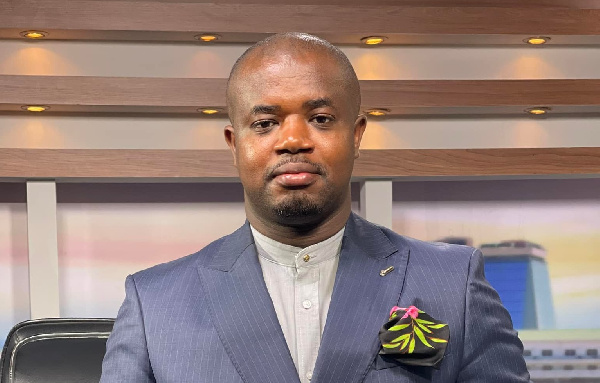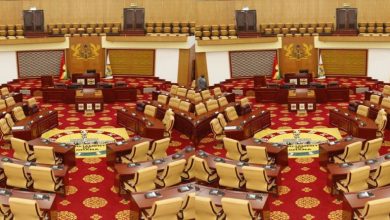Edudzi says the police cannot solely pursue an injunction against protestors

The Head of Legal Affairs for the National Democratic Congress, Godwin Edudzi Tamakloe, has expressed his disapproval of the Ghana Police Service’s practice of independently seeking court injunctions against protests without obtaining authorization from the Attorney General.
He voiced these concerns in court while filing a preliminary motion opposing the Ghana Police Service’s ability to file an injunction application against a planned protest by the minority group in parliament.
The protest aims to demand the resignation of Dr. Ernest Addison, the Governor of the Bank of Ghana.
The Police’s injunction application is based on security concerns regarding the proposed protest routes originally scheduled for September 5.
However, before the injunction application could proceed, Godwin Edudzi Tamakloe, representing the protest organizers, presented a preliminary objection.
He argued that Superintendent Sylvester Asare’s involvement in the motion paper and the handling of the injunction case violated Section 9(1a) of the State Proceedings Act.
According to him, in accordance with the State Proceedings Act, all civil proceedings by the Republic should be initiated by the Attorney General or an officer authorized by the Attorney General.
Tamakloe asserted that Lawyer Asare is neither the Attorney General nor an officer empowered by the Attorney General, and therefore, he cannot sign the originating process on behalf of the Republic. He requested the court to dismiss the injunction application.
The Ghana Police Service, represented by Superintendent Sylvester Asare, opposed the motion. Supt. Sylvester Asare first argued that the Ghana Police Service is a legal entity that can initiate legal actions and be subject to them.
He further contended that, despite the motion’s wording (“The Republic V the respondents”), the actual applicant is the Ghana Police Service.
Supt. Asare argued that, based on Supreme Court decisions, independent bodies like the Commission on Human Rights and Administrative Justice (CHRAJ) can independently initiate legal actions.
He urged the court to consider that the Ghana Police Service, responsible for internal security, has the liberty to commence such proceedings.
Additionally, Supt. Asare cited provisions of the Public Order Act to support his argument that the Police have the authority to file such applications without seeking authorization from the Attorney General.
He stated, “We assert that the Public Order Act clearly grants the police jurisdiction to apply to this court for a prohibition of the proposed special event” during his closing arguments.
Justice Edward Twum, presiding over the case, adjourned it to September 8 for a ruling.





